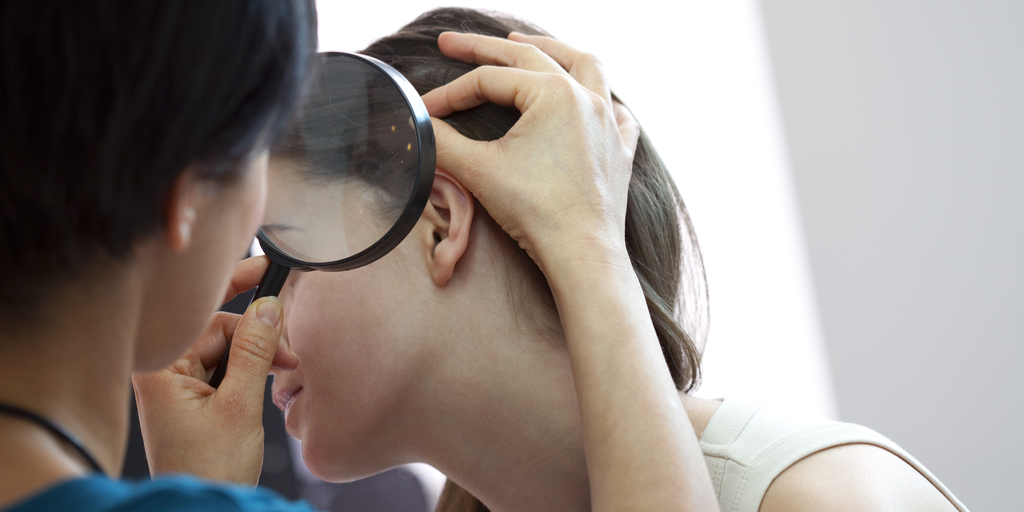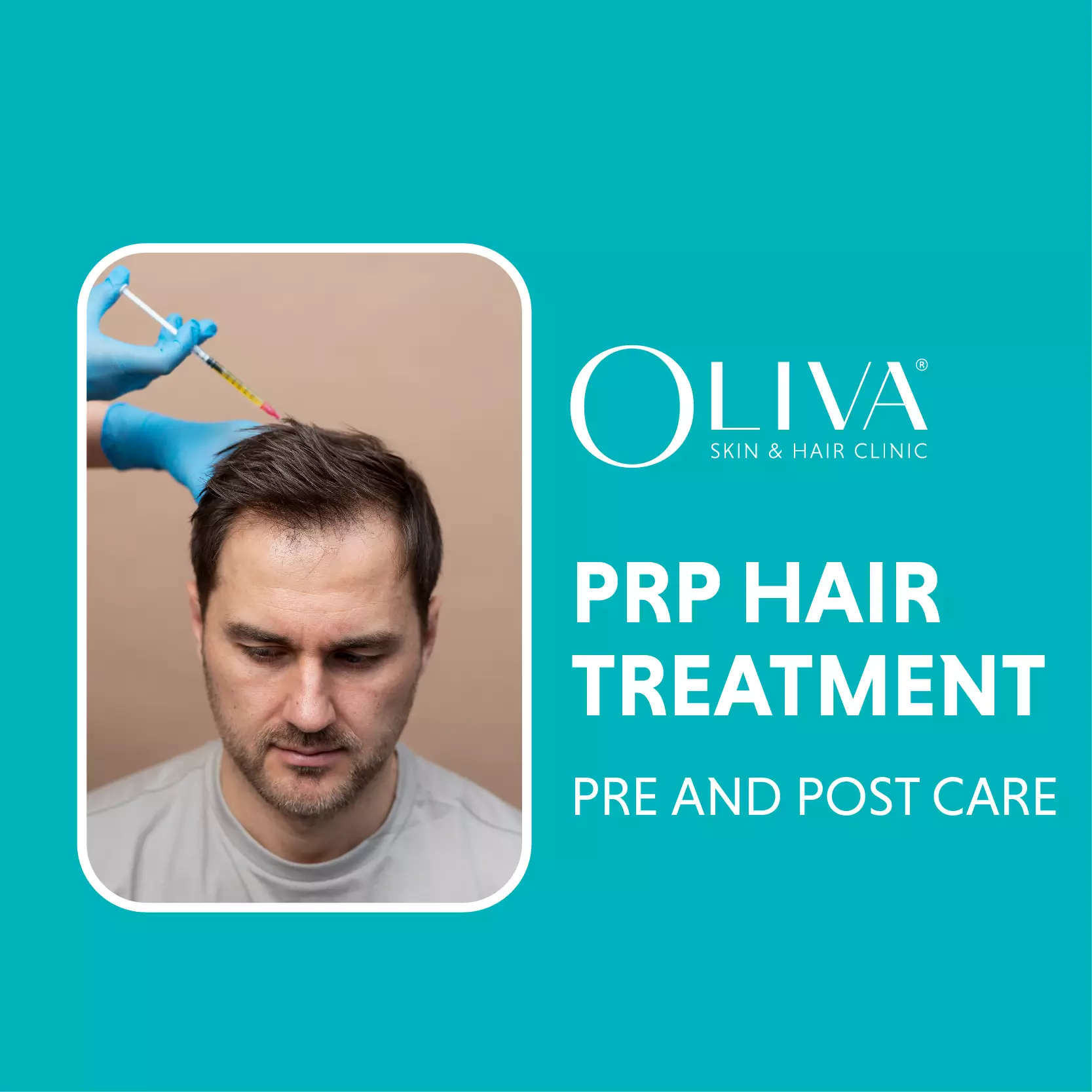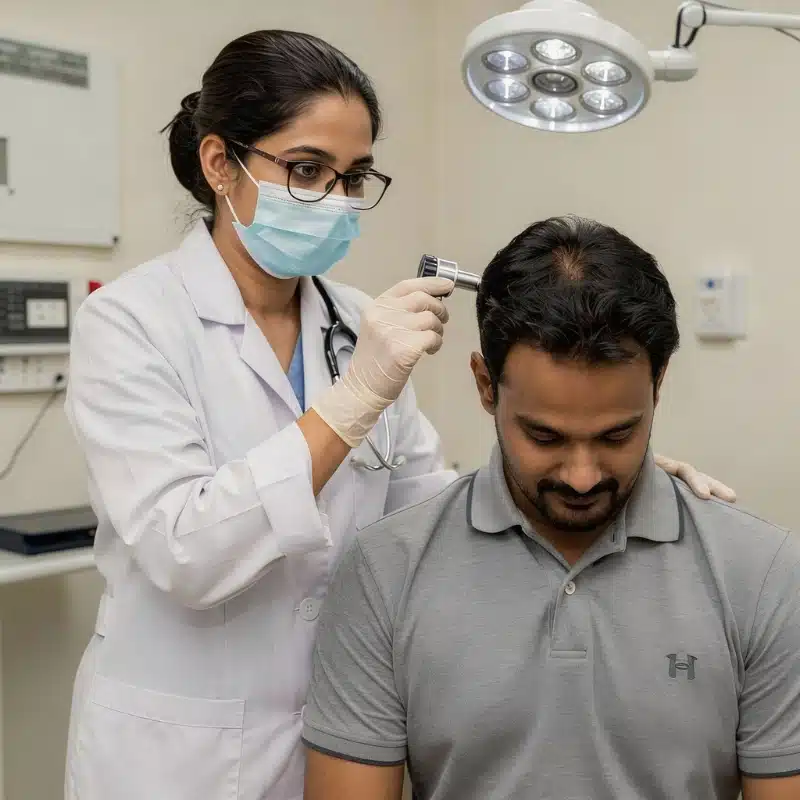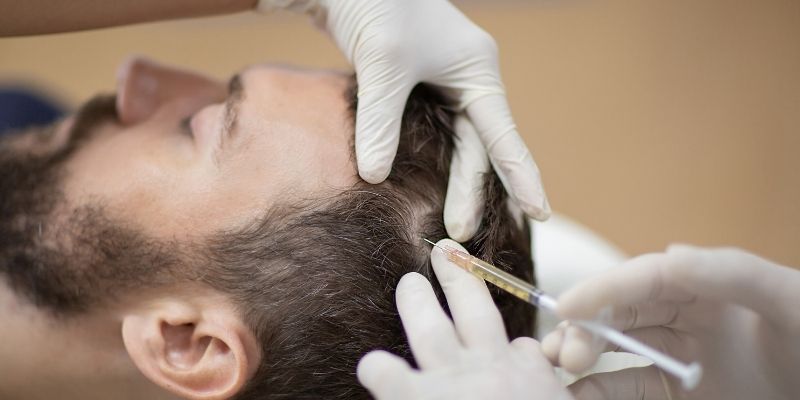In This Article
Scalp Folliculitis – Causes, Symptoms, Treatments And Prevention
Scalp folliculitis can happen anywhere due to an infection in hair follicles. It can cause burning, itching, hot red spots, tender spots. If you have such symptoms along with severe hair fall, then it’s time to visit your dermatologist.
In This Article

What Is Scalp Folliculitis?
Scalp Folliculitis is an infectious scalp disease that affects the hair follicles. The affected follicles start to inflame leading to the formation of painful red bumps on the scalp. These bumps can cause an itchy, burning sensation. Scalp folliculitis can lead to heavy hair fall, often leaving small bald patches on the places where the follicles have been infected. The most severe case of scalp folliculitis is called “acne necrotics miliaris” or “proprionibacterium folliculitis”. This occurs when the pimples formed are crusty and large; this can lead to permanent scarring with the appearance of an empty bald scalp. It can be difficult to treat this form of scalp folliculitis.
What Causes Scalp Folliculitis?
Scalp folliculitis is mainly caused by micro-organism invasion, affecting the hair follicles. These micro-organisms infect and grow on follicles causing inflammation. These micro-organisms include
- Bacteria ( Cutibacterium, Staphylococcus aureus)
- Mites ( Demodex Folliculorum)
- Yeast ( Malassezia)
What Causes Such Micro-Organisms & How to Prevent Them?
The following points state the causes of such micro-organisms which infect your scalp, and how to prevent them
- Using public hot tubs, Jacuzzi, swimming pool as damp environment are best breeding spots for such micro-organisms to thrive on. Properly cleanse your hair and body after using such facilities using prescribed anti-bacterial products from your doctor.
- Sharing razors with another person is unhygienic. Also, clean the reusable razors after every use.
- Certain immune weakening diseases such as HIV/AIDS can cause scalp infections like scalp folliculitis.
- Blockage of hair follicles with hair products can also lead to scalp folliculitis. Remember to wash your scalp thoroughly and remove all hair styling products from the scalp regularly.
- Open wounds or cuts on the scalp can become a starting point for the formation of an infection.
Also Read: Hair Loss Treatment
What Are The Symptoms Of Scalp Folliculitis?
Scalp folliculitis has distinctive symptoms compared to other scalp related diseases, so spotting it is not difficult. Some of the symptoms include
- Itchiness and uncontrolled desire to scratch
- Large red pimples that have crust around them
- Painful scalp accompanied by hair loss, especially along the hairline.
Can Scalp Folliculitis Cause Hair Loss?
Yes, scalp folliculitis can cause a lot of hair fall if not treated immediately. This is because the micro-organisms slowly disrupt the natural hair cycle causing the hair to lose its strength and fall out. It can be difficult for the hair follicle to recuperate and grow back (only if the disease has reached its most severe stage). But if treated on time, there are chances of re-growing your lost hair. If proper medical treatment is not followed, there are possibilities for scalp folliculitis to relapse and attack the hair follicles again.
Treatments For Scalp Folliculitis
Is scalp folliculitis curable? Yes, it certainly is. Before starting on any scalp folliculitis treatment, the doctor will perform a test to identify the micro-organism that is attacking the hair follicles. Different bacteria/yeast/ mites need different treatments to confirm which solution is most ideal. Remember to visit a dermatologist and use prescribed medicines as per the doctor’s suggestion for quicker and safer results.
Dermatologic Treatments for The Lost Hair
-
PRP treatment post infection control:
Platelet rich plasma is an advanced hair loss and hair thinning treatment which can help in re-growing the hair naturally. It is performed under clinical conditions by an expert dermato-trichologist, where in your own blood is extracted, and centrifuged; then it is injected back in bald patches on the scalp to promote growth factors which stimulate new hair follicles to grow.
-
Hair transplant:
A surgical procedure to remove hair grafts from healthy areas and transplant them into the bald patches to stimulate new hair growth.
Topical Medicines For Scalp Folliculitis
- Topical antibiotic solutions such as clindamycin solution, fusidic acid gel and erythromycin are an excellent medical remedy to overcome scalp folliculitis. Ointments such as neomycin and bacitracin are also beneficial.
- Using anti-dandruff shampoos enriched with antifungal agents such as ciclopirox and ketoconazole are beneficial in treating the infection. Shampoos like Nizoral A-D is believed to eliminate mild infection from folliculitis.
- Mild topical creams containing steroids can be applied (as per the doctor’s suggestion).
- Common brands such as Clearasil and Proactiv can be used to treat mild scalp folliculitis.
Oral Medicines For Scalp Folliculitis
- Oral antihistamines
- Oral isotretinoin
- Oral antibiotics for folliculitis on the scalp – Antibiotics such as penicillin, dicloxacillin, vancomycin or methicillin are believed to fight bacterial growth.
- In case of fungal infection, griseofulvin is recommended.
Also Read: PRP Hair Treatment Vs. Other Hair Treatments – Which Is Better?
How To Prevent Hair Loss Due To Scalp Folliculitis?
- The only way to prevent the scalp from getting infected with scalp folliculitis is by maintaining excellent hygiene. Practising good scalp and hair care routine would be ideal to prevent any infection or bacteria from attacking the hair follicles.
- Avoid sharing razors, towels, hair scissor, hair brush/comb and any other tool used to upkeep hair. It is also necessary to replace razors regularly and wash hair tools after every use as these instruments can attract bacterial growth and lead to scalp folliculitis.
- If you enjoy recreational activities such as sitting in hot tubs, jacuzzi’s and swimming, then remember to wash your body and scalp thoroughly post the activity
- Those who suffer from the very dry scalp and eczema will need to constantly moisturize and keep themselves hydrated at all times as they are more likely to get scalp folliculitis.
- Scalp folliculitis is contagious so keeping yourself away from other people will help prevent this infection from spreading. Remember to keep away from anyone who suffers from this disease. Avoid person-to-person contact until the symptoms have subsided.
Takeaway
It is necessary to get medical check-ups regularly to understand your immune system. Those who have weak or low immunity, are more likely to contract scalp folliculitis. Check with your dermatologist to determine the root cause and aesthetic treatments for scalp folliculitis.








